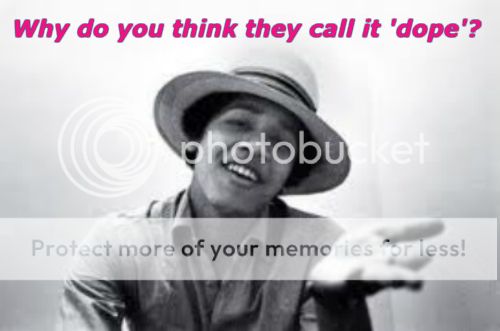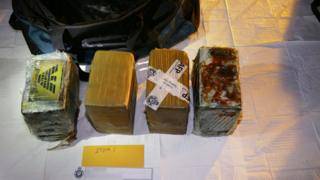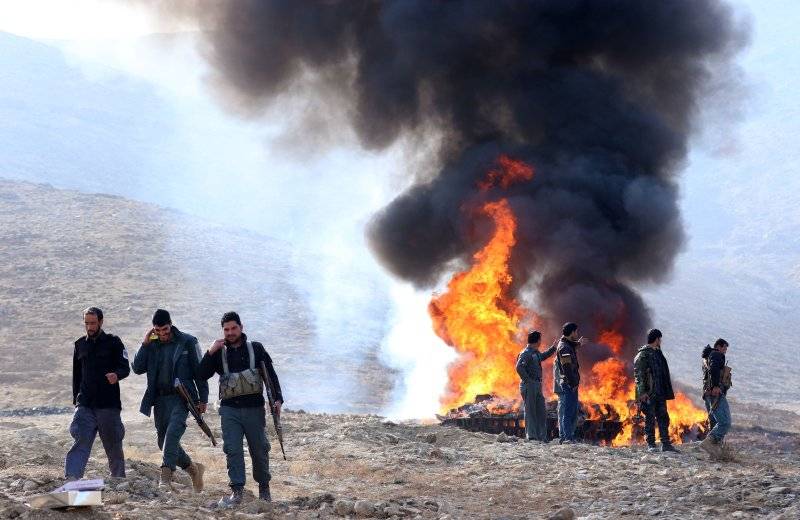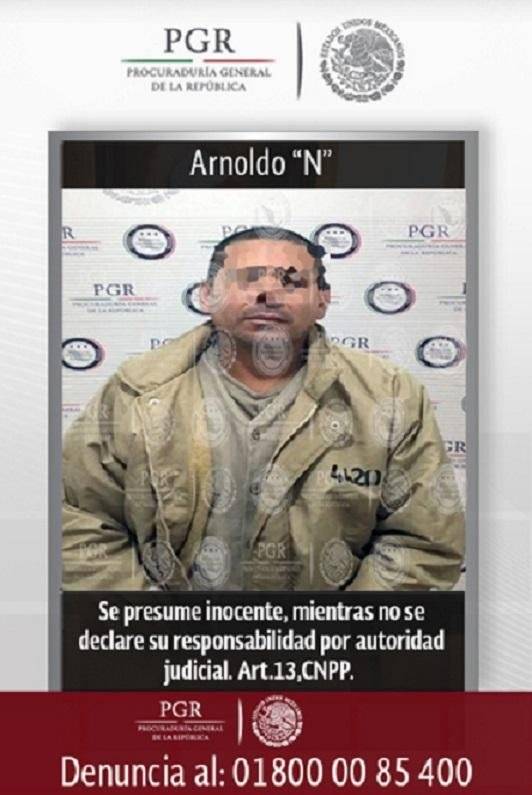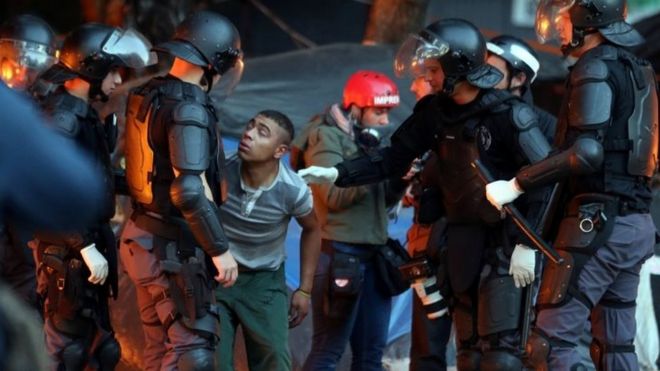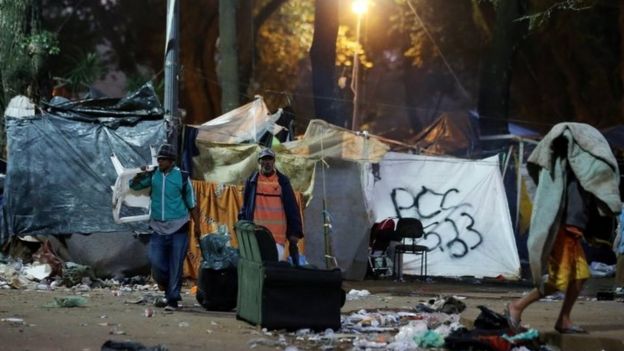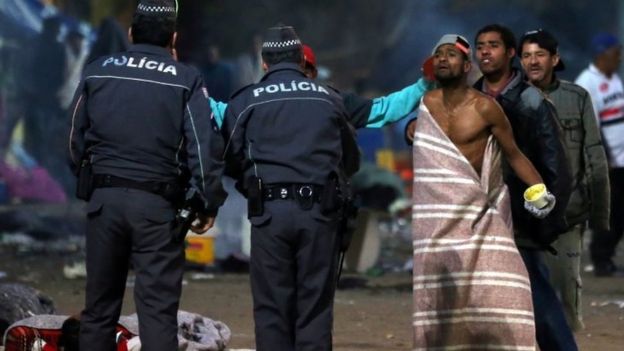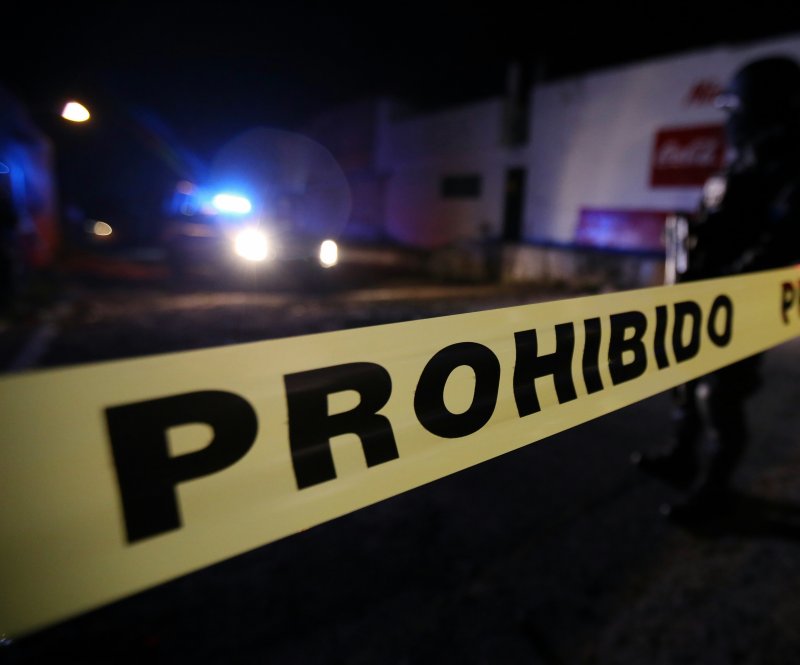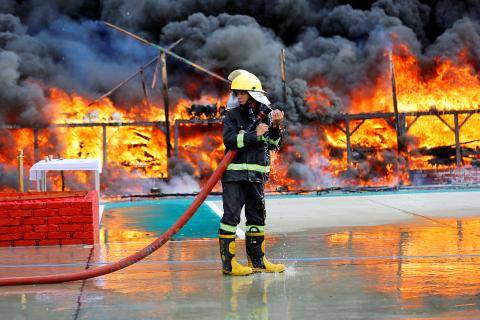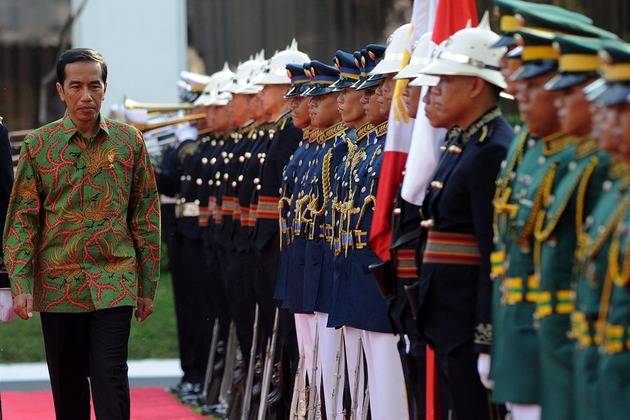Star
Gold Member
- Apr 5, 2009
- 2,532
- 614
- 190
Marijuana And Cancer: Scientists Find Cannabis Compound Stops Metastasis In Aggressive Cancers
Robin Wilkey
09/19/2012
A pair of scientists at California Pacific Medical Center in San Francisco has found that a compound derived from marijuana could stop metastasis in many kinds of aggressive cancer, potentially altering the fatality of the disease forever.
"It took us about 20 years of research to figure this out, but we are very excited," said Pierre Desprez, one of the scientists behind the discovery, to The Huffington Post. "We want to get started with trials as soon as possible."
The San Francisco Chronicle first reported on the finding, which has already undergone both laboratory and animal testing, and is awaiting permission for clinical trials in humans.
✄snip>
Robin Wilkey
09/19/2012
A pair of scientists at California Pacific Medical Center in San Francisco has found that a compound derived from marijuana could stop metastasis in many kinds of aggressive cancer, potentially altering the fatality of the disease forever.
"It took us about 20 years of research to figure this out, but we are very excited," said Pierre Desprez, one of the scientists behind the discovery, to The Huffington Post. "We want to get started with trials as soon as possible."
The San Francisco Chronicle first reported on the finding, which has already undergone both laboratory and animal testing, and is awaiting permission for clinical trials in humans.
✄snip>

